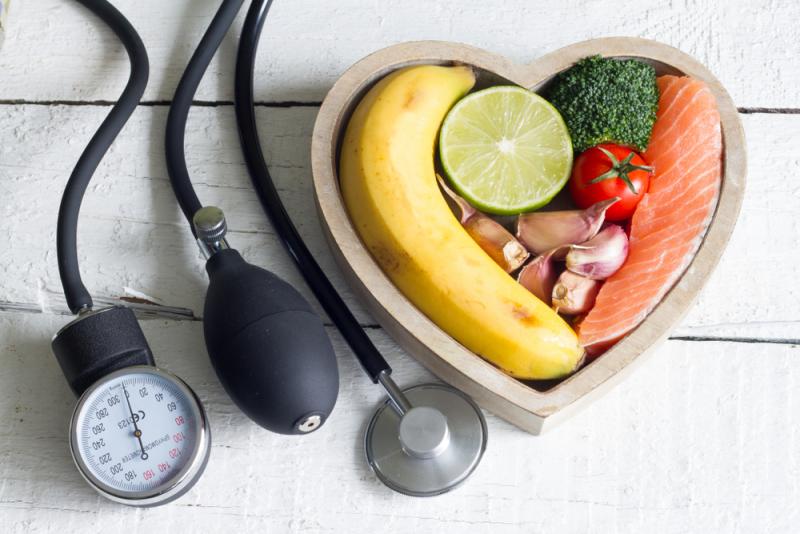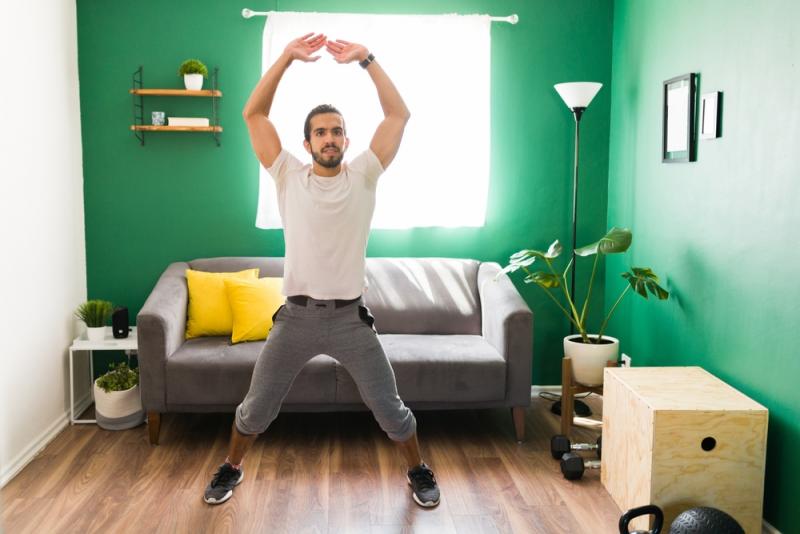How to Manage Depression: Coping with anxiety and depression includes self-awareness, lifestyle changes, and emotional resilience. Studies suggest that by making small, consistent changes, you can regain a sense of control over your mental health and improve your health.
Anxiety and depression can make everyday life difficult, where even the simplest tasks may feel exhausting. While everyone experiences moments of stress and sadness, persistent anxiety and depression can interfere with life, relationships, and well-being. If left unaddressed, these conditions can impact productivity, self-esteem, and physical health. It is therefore important to timely manage the symptoms and improve mental well-being.
A vital step in managing anxiety and depression is acknowledging the symptoms and understanding their impact, says Dr Astik Joshi, Child & Adolescent Psychiatrist, New Delhi. “Anxiety often presents as excessive worrying and physical tension, while depression can lead to persistent low mood, fatigue, and changes in sleep and appetite,” he says.
To effectively manage anxiety and depression, the first step is identifying specific thoughts, behaviours, and triggers that contribute to distress. Negative thought patterns can fuel anxiety and sadness, creating a cycle of worry and emotional exhaustion. “Once you recognise these triggers, you can actively work on regulating their responses. Instead of reacting impulsively, pausing to assess the situation and choosing healthier coping methods can make a significant difference,” explains Dr Joshi.
Developing a structured routine and prioritising self-care can play a huge role in reducing anxiety and depression, says Dr Joshi and suggests some lifestyle-based coping strategies for mental well-being.
Balanced nutrition: Eating whole, nutrient-dense foods can help stabilise mood and energy levels.
Regular physical activity: Exercise releases endorphins, which naturally help combat stress and improve mood.
Healthy sleep habits: Maintaining a consistent sleep schedule improves emotional resilience and mental clarity.
Social connections: Spending time with supportive friends and family can prevent feelings of isolation and loneliness.
Choosing healthy coping mechanisms over unhealthy ones: “Many people turn to unhealthy coping methods, such as excessive alcohol consumption or avoidance behaviours, to escape their emotional distress. However, these temporary solutions often worsen anxiety and depression in the long run. It’s essential to distinguish between healthy and unhealthy coping mechanisms. Engaging in problem-solving, mindfulness, and emotional support instead of numbing feelings with risky behaviours leads to better long-term outcomes,” warns Dr Joshi.
He suggests the following alternatives to unhealthy coping mechanisms:
Replace procrastination with planning: Break tasks into smaller steps and set achievable goals to reduce overwhelm.
Focus on solutions, not problems: Instead of dwelling on negative thoughts, actively seek ways to improve the situation.
Use humour to lighten stress: Laughter can ease tension and provide a fresh perspective on challenging situations.
Seek emotional support: Talking to trusted friends, family, or a therapist can help process emotions and gain clarity.
Practice acceptance: Acknowledge difficult situations without resistance and focus on how to navigate them constructively.
Stay physically active: Exercise releases endorphins, which naturally improve mood and reduce stress levels.
Engage in mindful activities: Meditation, deep breathing, or journaling can help regulate emotions and promote mental clarity.
Establish a healthy routine: Maintaining a structured daily schedule provides stability and reduces feelings of chaos.
Limit unhealthy coping mechanisms: Avoid excessive alcohol, substance use, or risky behaviors that may worsen mental distress.
Seek support: While self-care strategies can be incredibly effective, there are times when professional intervention is necessary. “If symptoms persist, worsen, or interfere with daily life, seeking help from a mental health professional is crucial. Therapy, counseling, and medication (when needed) can provide additional support and guidance. when to seek help is just as important as implementing coping strategies. There is no shame in reaching out for professional assistance, it’s a sign of strength and self-awareness,” Dr Joshi concludes.



